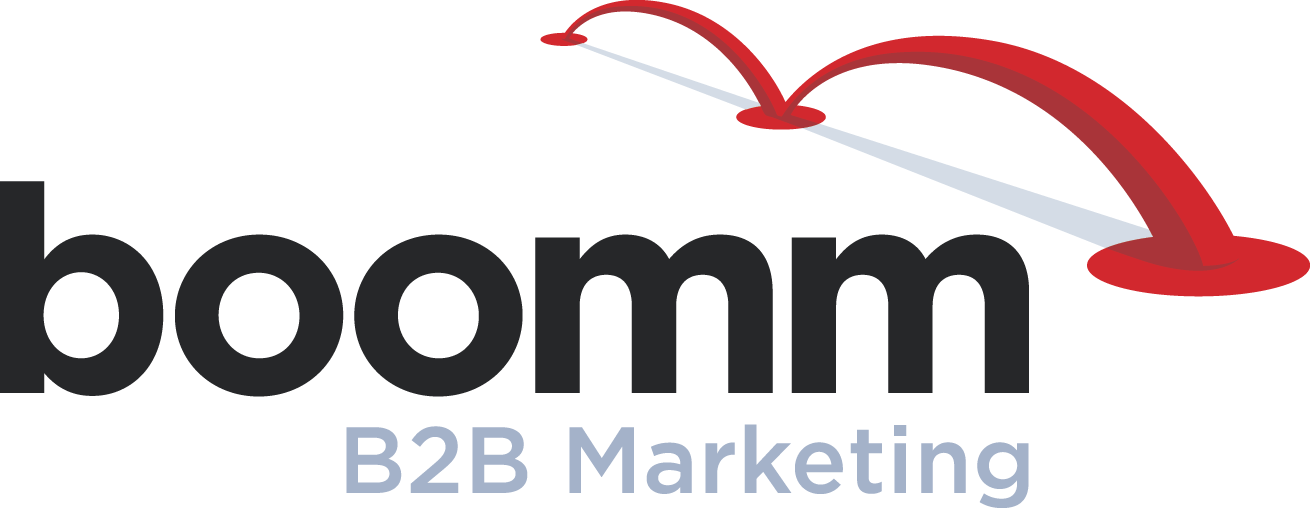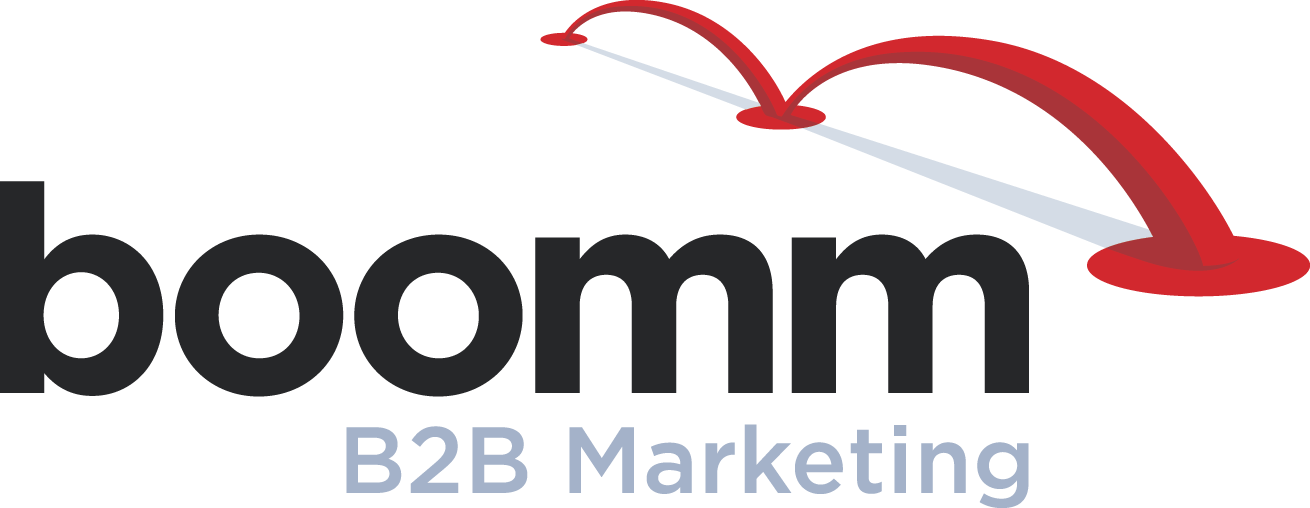Marketing has a teaching moment

In marketing, you rarely heard the phrase “on the job training.” This was because experienced marketing professionals were supposed to know everything necessary to perform at a high level. No questions asked.
Theoretically, a full career’s worth of knowledge was gained in college, internships, graduate school, or during the first few formative years on the job. In fact, the only time on the job training was openly discussed in marketing was when a new technology platform rolled out.
Most other professions already embraced ongoing education in the workplace because they accepted that change was constant. Everyone from accountants to zoologists were trained to adapt as new thinking or programs came along.
Then, marketing was abruptly forced to adopt on the job training as well.
The shifts in our world and work environments over the last few years made it impossible for everyone to know everything unless there was some practical training provided. Firms realized that there were too many questions going unanswered and too much disparate information going around.
In short, a remote and often global workforce was ready to embrace its teaching moment.
As a B2B agency, Boomm was quickly drawn into this educational orbit. Many clients began to request training components for their workforces as part of major marketing initiatives. This could cover anything from brand launches to website redesigns, and it was always highly tailored to each client, brand and program.
Here are just a few examples of recent training programs that shared practical knowledge.
Brand training
Examples:
New corporate brand, product brand or brand acquisition.
Purpose:
Educate internal teams in the proper applications of a brand across all internal and external channels.
Key topics:
Overall meaning of a brand, voice, key attributes, visual guidelines, communications examples, do’s and don’ts, FAQ.
Outcome:
A clear, consistent and compelling brand presence at every touchpoint.
Bonus:
The training sessions were recorded to help new employees embrace the brand.
Market launch training
Examples:
Marketing campaign, website, loyalty program or social media launch.
Purpose:
Create engagement, excitement and acceptance before new programs were launched into the market.
Key topics:
Program goals, overall meaning to the organization, rollout structure, responding to customer questions, proper sharing on social media, optimizing new resources for sales.
Outcome:
Everyone is ready for the program prior to launch, helping to ensure its success.
Bonus:
Program tactics get the spotlight they deserve, and employees get energized for the initiative.
Advanced marketing skills training
Examples:
Content development, tactic creation, basic formatting and design skills.
Purpose:
As more “nonmarketers” take on marketing responsibilities, practical application-based training has become a necessity.
Key topics:
B2B marketing best practices across different channels, following a process, reviewing creative work, quality control.
Outcome:
Hands-on training helps employees overcome doubts and excel in their new roles.
Bonus:
This training presents one of the best ways to bring different employee groups together.
What’s the ultimate lesson here?
On the job training diffuses doubts, creates collaboration, and ensures everyone knows the correct information. In addition, the sessions can be fun, engaging and a great way to increase employee retention.
Class dismissed.


